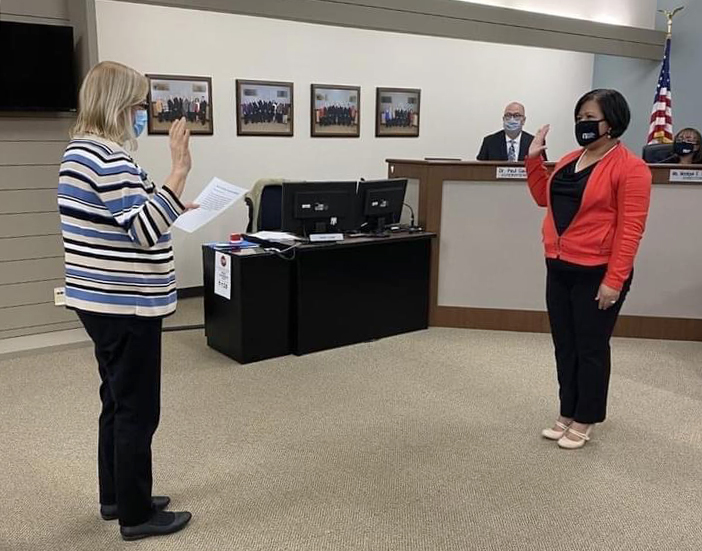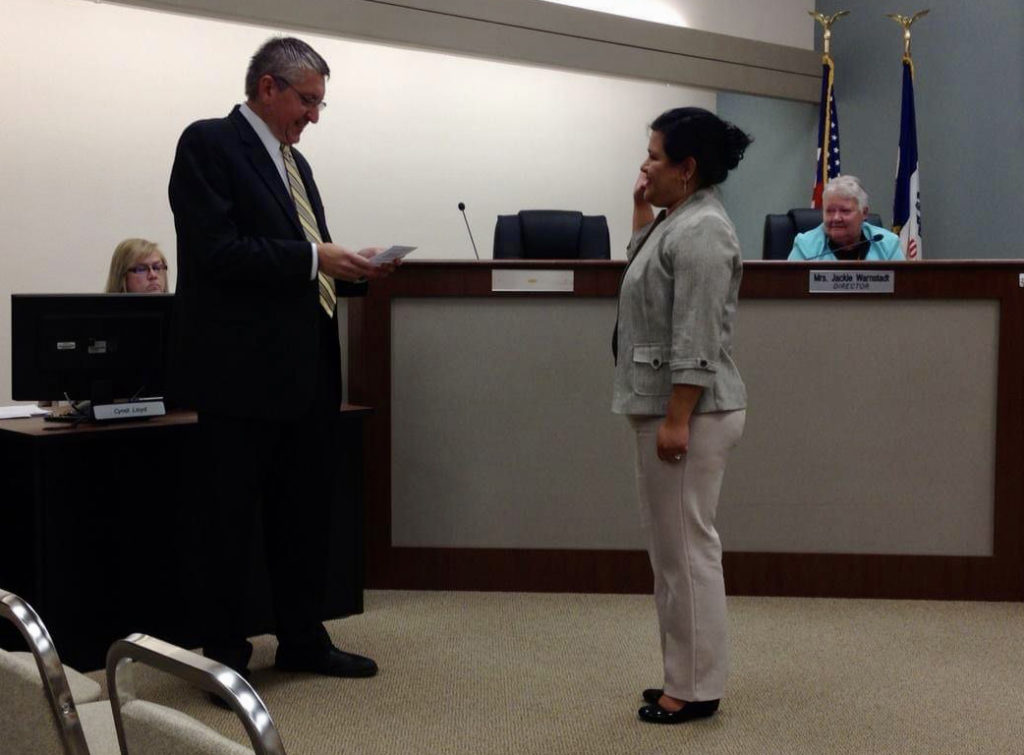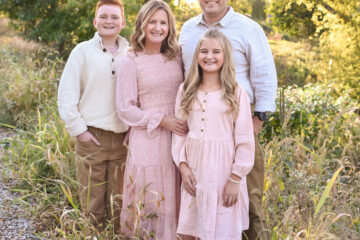As told to Emily Blobaum
In 2020, Perla Alarcon-Flory became the first Latina to be elected president of the Sioux City School Board. She was first appointed to the school board in 2013 and was elected the following year, becoming the first Latino person elected to political office in Woodbury County. She remains the only one. This interview, which has been formatted to be entirely in her own words, has been edited and condensed for clarity.
It’s not about personal glory. It’s about the needs that you see and who is addressing them. I was born, raised and educated in Mexico. My parents were teachers, my mom a Spanish literature teacher, my dad an English teacher. My degree was in international relations. I’ve always had a thing for cultures, languages and history. I wanted to live in the United States. I came to practice my English one summer. I happened to meet a guy and we became good friends. When I went back home, we kept in touch and a couple years later, he came to Mexico to propose.
We moved to Sioux City in 2001. I worked for the New Iowan Center initiative that Gov. Tom Vilsack created. I was the person that helped people work on their resumes and applications. There were times I met with people of Latino origin who had just graduated from high school and were completing applications for jobs. In regards to college or technical school, I would ask them, “What’s next?” They would tell me, “I’m not college material.” I would ask why, and they would say it’s because their parents are immigrants, and worked in meatpacking plants or in the fields, and didn’t go to college. None of their reasons were about performance, capacity, behavior or passion. It was based on perceptions. It was heartbreaking. It was a moment where I knew we needed to change the perceptions of the Latino community at large.
Being from Mexico, I did not initially understand the ins and outs of the American education system. Now as a mother, what do I need to know for my kids to be successful? Then I realized, it’s not only for me. I remembered all of the people from other countries. I thought, if only I could be a connector between them and the schools.
When I looked at myself, I realized that I was a parent in the district, I was a woman, I was a person of color and I was an immigrant. We have all gone through the experience of adjusting, adapting and belonging to a new culture. I felt that I could be that connector, even with people of other nationalities.
I was approached by the superintendent, who asked if I had ever considered serving on the board. Back then, I had a 7-year-old, a 3 ½-year-old and a baby. I told him no, not in a million years. In 2013, they approached me again and I said no. However, I then began to think that no one else was jumping to do it. I realized that it was time to show people that I could do this.
When I ran, I had people tell me to drop the Alarcon in my name. They said if it is Perla Flory, people might feel better. But I can’t hide who I am. It is not my intention to hide who I am.
When I see myself in the mirror, I don’t only see Perla Alarcon-Flory. I’m the product of so many generations. At the end of the day, the only legacy I can leave my kids are the things I can do in my name. I want my legacy to be one of service. A legacy where every child may know that regardless of their skin color, they can do anything.
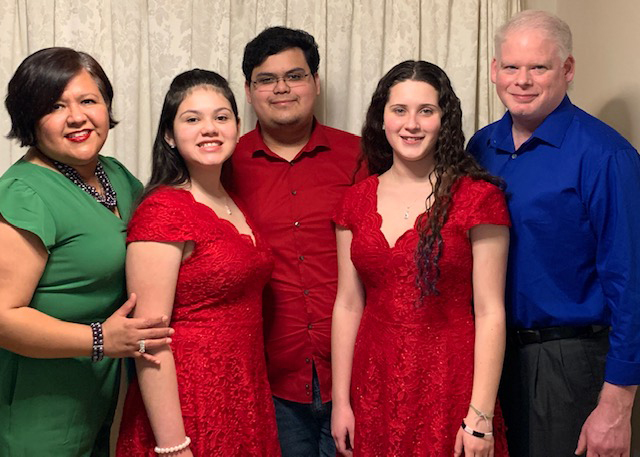
But sadly, in 2021, we still measure the potential success of people by the color of their skin. I am Mexican, but my husband’s ancestry is English, Irish, French and Scottish. We have children that look more like him, and children that look more like me. I am saddened to see how my own kids, who have had the same education as others, still face an unfair future. How do you make it fair? How can you help people look beyond skin color?
I want to help change stereotypes and perceptions. I am not a lazy, drunk, dirty, uneducated person. I am educated. I am very hardworking. I care about the future, my community and my children. Those are values that people need to see. I’m very willing to play by the rules, but I also need to bring up the needs and challenges of a community that has changed and continues to change. We cannot ignore the Latino population forever, nor Asian or African people, and people that come from all over the world. They all need to be at the table.
At the end of the day, it wasn’t because I wanted to be the first. It was about who was speaking for them and who is creating opportunities for them.
Being the first feels like a huge responsibility. You have to prove yourself every single time. If you’re a minority, you have to prove yourself twice. You have to prove that women and people of color have brains.
Whenever you hear about a horrible crime on the news, in my head I’m thinking, I hope it wasn’t a Latino. Our entire community becomes hostile toward Latinos for something that one person did. When you make a mistake, people are more prone to point at that mistake rather than the successes. The last four years have been interesting. All of a sudden you found people talking about Mexican immigrants and criminals being synonyms, which they are not. Not all immigrants are Mexican, not all Mexicans are criminals, and not all criminals are immigrants or Mexicans. There are times when I’m sitting in a room where they’re talking about Mexicans, and they’ll turn to me and say, “Oh, but not you.” As if that makes it better. It doesn’t.
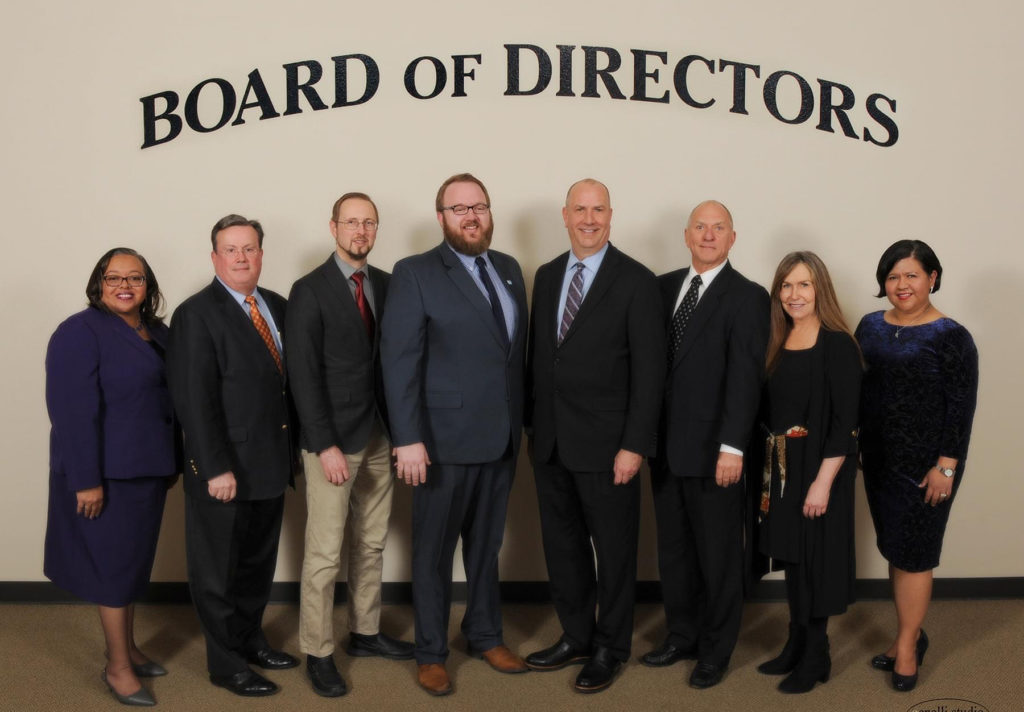
When my daughter was 10, she asked me how she can be historical. I told her to lose herself in service, be brave and don’t give up. Make your voice heard. People are going to be dismissive of you. But keep going.
My other daughter asked me if boys are smarter than girls. I said no, but I’m never going to say that girls are smarter than boys, either. We all have different capacities and abilities. We see things from different angles, therefore we have different solutions and suggestions. It’s important to have a voice, but it’s also important to listen.
We have to work collectively for the world to be better. We need to empower and support each other. We need to remove the misconception that women belong in the house only. There is so much we can do outside of the house, and that doesn’t make us bad mothers or wives.
